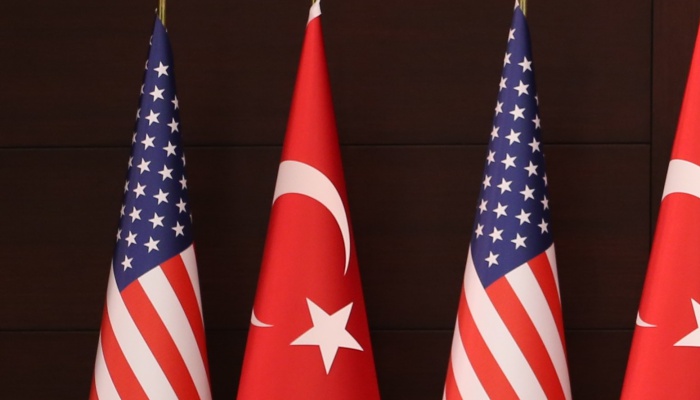Turkey is loath to buy more oil from Saudi Arabia and the United Arab Emirates (UAE) as the United States looks to squeeze exports from Iran, currently the third-largest supplier of crude to the Middle East’s biggest economy, Bloomberg reported on Wednesday.
“Iranian oil isn’t cheap, but there is a big difference” between it and the price of Saudi and UAE crude, Turkish Foreign Minister Mevlüt Çavuşoğlu said at a reception in Ankara, according to state-run TRT television. “The US is taking a decision and wants all countries to comply with it. Why should we pay the price?”
The Trump administration is ending waivers that allowed a handful of countries including Turkey to continue importing oil from sanctioned Iran a year after the US withdrew from the 2015 nuclear deal. Secretary of State Mike Pompeo has said he’s confident the market will remain stable as Saudi Arabia and the UAE would ensure an “appropriate supply” of oil along with the US.
Turkey is resisting the idea of buying oil from America’s two anti-Iran allies, whose relations with Ankara are fraught after the murder of Saudi critic Jamal Khashoggi in the kingdom’s consulate in İstanbul last October. Turkey has also long opposed the US curbs on Iran, with President Recep Tayyip Erdoğan saying last year that “such sanctions are aimed at tipping the balance in the world” and violate international law and diplomacy.
Iran and Turkey plan to set up a financial mechanism to circumvent US sanctions on the Islamic Republic, Iranian Foreign Minister Mohammad Javad Zarif said after visiting Ankara last week. Turkey has long defended the trade with its eastern neighbor as a strategic necessity, but taking on the US can be risky as Ankara struggles to secure the release of a senior banking executive convicted in New York of helping Iran evade US financial sanctions.
The blowback from American sanctions against Iran could also hit Turkey’s economy, which entered its first recession in a decade last year as oil prices surged. The prospect of higher prices or the risk of a confrontation with the US don’t bode well for Turkey’s currency, already battered by weeks of upheaval.
“Turkey could very soon find itself in a difficult position at the time when inflation remains stubbornly high close to 20 percent,” said Piotr Matys, a London-based analyst at Rabobank. “Iranian oil could be the source of another diplomatic spat between Ankara and Washington, when the relationship is already tense due to Turkey’s insistence on buying a Russian missile-defense system.”
China, India and Turkey aren’t necessarily committed to bringing imports of Iranian crude down to zero, and the US will have to negotiate “over the terms of their withdrawal from Iran or be prepared to deal with their noncompliance,” according to a report by Richard Nephew published by Columbia University’s Center on Global Energy Policy.
Turkish refiner Tüpraş Türkiye Petrol Rafinerileri AŞ was the worst performing stock by index points on Wednesday, declining 2.4 percent as of 4:36 p.m. in İstanbul. Tüpraş declined to comment on how it would offset any potential cut in Iranian supplies.
In January, Iran accounted for just over 12 percent of Turkey’s oil imports, according to the latest available official data. Iraq was the top supplier with almost 24 percent, followed by Russia with 15 percent. Saudi Arabia ranked eighth with 4.3 percent. Turkey only imported diesel fuel from the UAE in January.
Meanwhile, Iraqi oil pipelines running to Turkey have been badly damaged, limiting the volume of exports, Çavuşoğlu said. While that is limiting Turkey’s options, it remains wary of turning to supplies from the Gulf. “Our refineries aren’t compatible with oil purchased from there,”
Çavuşoğlu said, referring to Saudi Arabia and the UAE. “Their technology must be upgraded. And for that, they should be shut down for a while. On the other hand, it is costly.”



